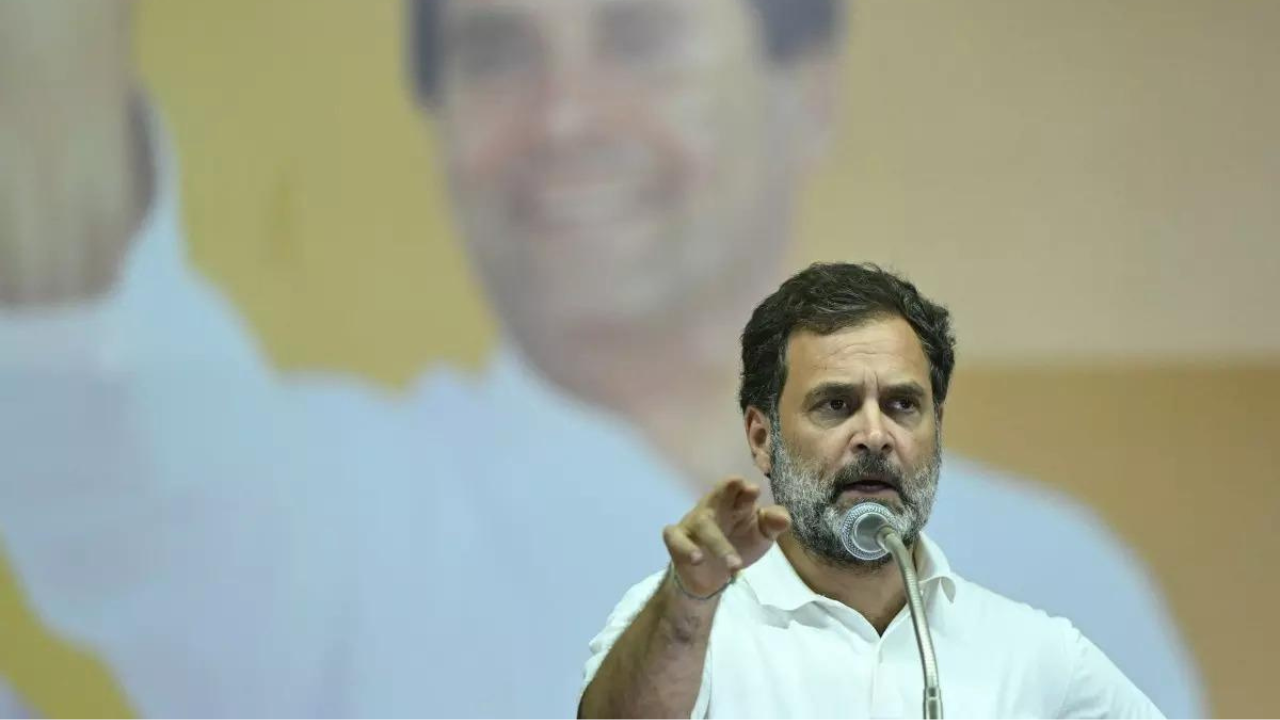Dalit Youth's Death in Police Custody: A National Tragedy?
The recent death of a Dalit youth in police custody in Madhya Pradesh has ignited a firestorm of controversy, sparking outrage and accusations of police brutality and systemic oppression. This heartbreaking incident, coupled with other similar cases across India, has raised serious concerns about the safety and well-being of vulnerable communities. Is this an isolated incident, or a symptom of a much deeper, more pervasive problem? Prepare to be shocked by the disturbing details and the far-reaching implications of this ongoing crisis.
The Dewas Tragedy: A Case of Police Brutality?
The death of 35-year-old Mukesh Longre in a Madhya Pradesh police station has sent shockwaves across the nation. His family alleges he died due to police brutality, claiming he was summoned for questioning and subsequently found dead. This tragic event adds fuel to the already raging fire of accusations against law enforcement's treatment of marginalized communities. Longre's death is not merely a statistic; it represents a profound failure of the justice system to protect its most vulnerable citizens. The police, tasked with safeguarding the public, are instead implicated in a serious crime against one they were sworn to protect. The demand for a thorough and transparent investigation is overwhelming and justified.
Demand for Justice and Accountability
The incident has sparked widespread protests and calls for accountability. Activists and political leaders alike are demanding a swift and impartial investigation, ensuring those responsible are held accountable for their actions. This case highlights the urgent need for police reform and comprehensive training to address potential biases and prevent future atrocities. The question arises, will justice be served, or will Longre's death become another tragic chapter in India's ongoing struggle for equality?
Systemic Issues and the Larger Picture
This tragic event cannot be viewed in isolation. The incident highlights a larger pattern of reported violence and oppression against Dalit communities across India. Reports suggest that instances of atrocities against Dalits are alarmingly high in several states, raising serious concerns about the efficacy of existing laws and mechanisms to safeguard these communities. The system appears to be failing to deliver justice, leaving these marginalized communities feeling unprotected and unheard. What steps can be taken to guarantee that incidents like this do not continue to repeat?
Beyond Madhya Pradesh: A National Crisis?
Reports from various states reveal a disturbing trend of violence and discrimination against marginalized communities. Similar incidents of alleged police brutality and atrocities have surfaced in other regions. This is not merely a regional issue, it is a national emergency demanding immediate attention from policymakers, law enforcement agencies and civil society organizations. What needs to happen at a federal level to address these atrocities?
The Political Fallout and Calls for Reform
The Dewas incident has sparked political debates, with opposition parties accusing the ruling BJP government of complicity or at least a systemic negligence that allows such incidents to occur. The accusations highlight a perceived lack of protection for vulnerable communities and a perceived bias within law enforcement, further fueling public discontent and unrest. The demand for systemic reform is no longer a whisper, it is a deafening roar.
The Urgent Need for Systemic Change
Addressing this crisis requires multifaceted interventions. Strengthening law enforcement accountability, implementing robust mechanisms for complaint redressal, and enhancing the protection of vulnerable communities are critical steps towards ensuring justice and fostering a more equitable society. Beyond immediate reforms, long-term solutions necessitate addressing deeply-rooted social biases and historical injustices that marginalize and endanger certain sections of society. The nation awaits a decisive commitment towards systematic reform to prevent similar future tragedies.
Take Away Points
- The death of Mukesh Longre is a tragic reminder of the urgent need for police reform and greater protection for marginalized communities in India.
- The incident highlights a larger pattern of alleged violence and discrimination against Dalits and other vulnerable groups.
- Addressing this crisis requires multifaceted interventions, including strengthening law enforcement accountability, implementing robust complaint redressal mechanisms, and tackling deeply-rooted social biases.
- This is not just a law enforcement problem, it requires a social and systemic solution.
- The nation must demand and enact systematic changes to prevent future tragedies and create a more just and equitable society for all.









